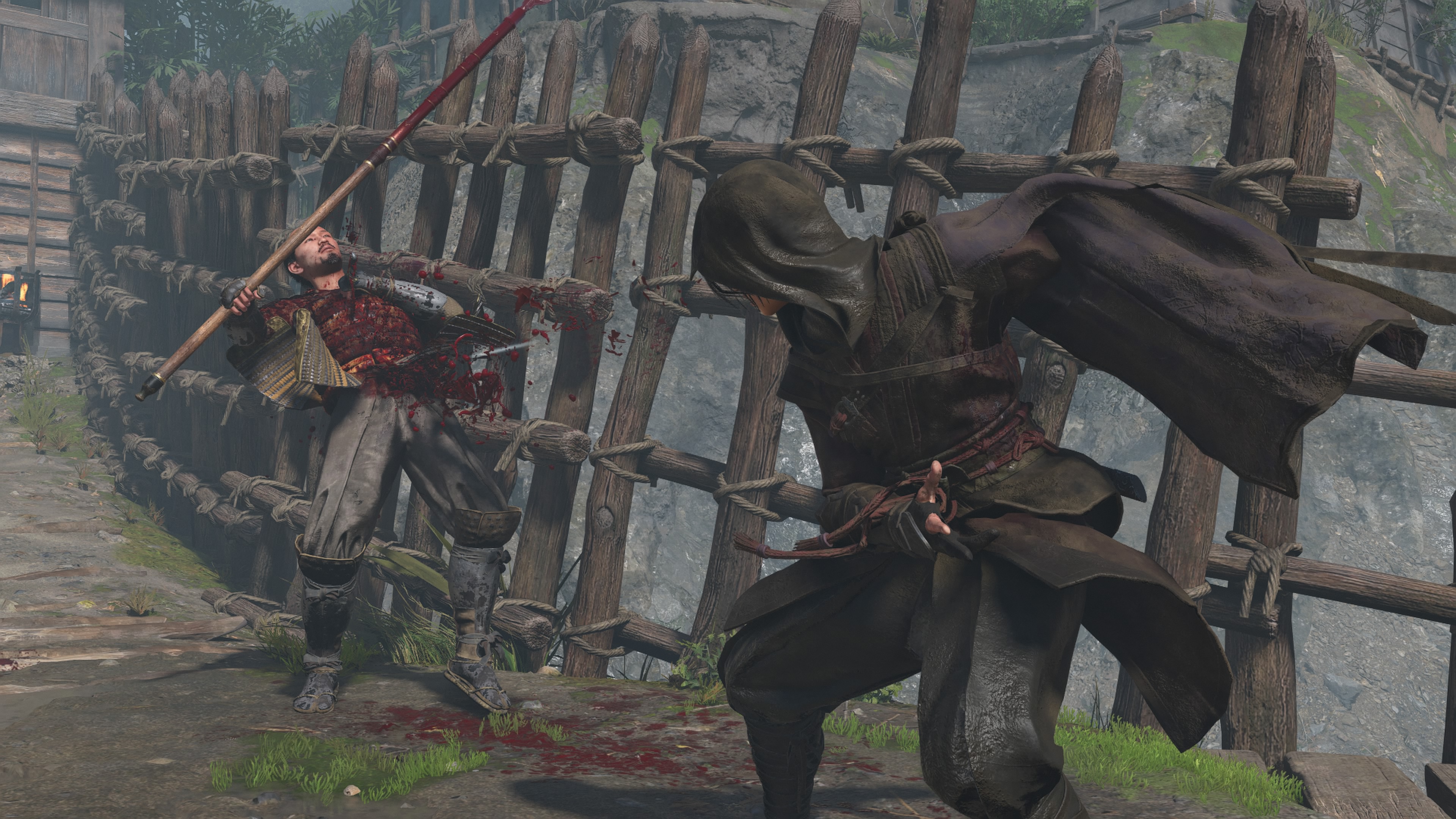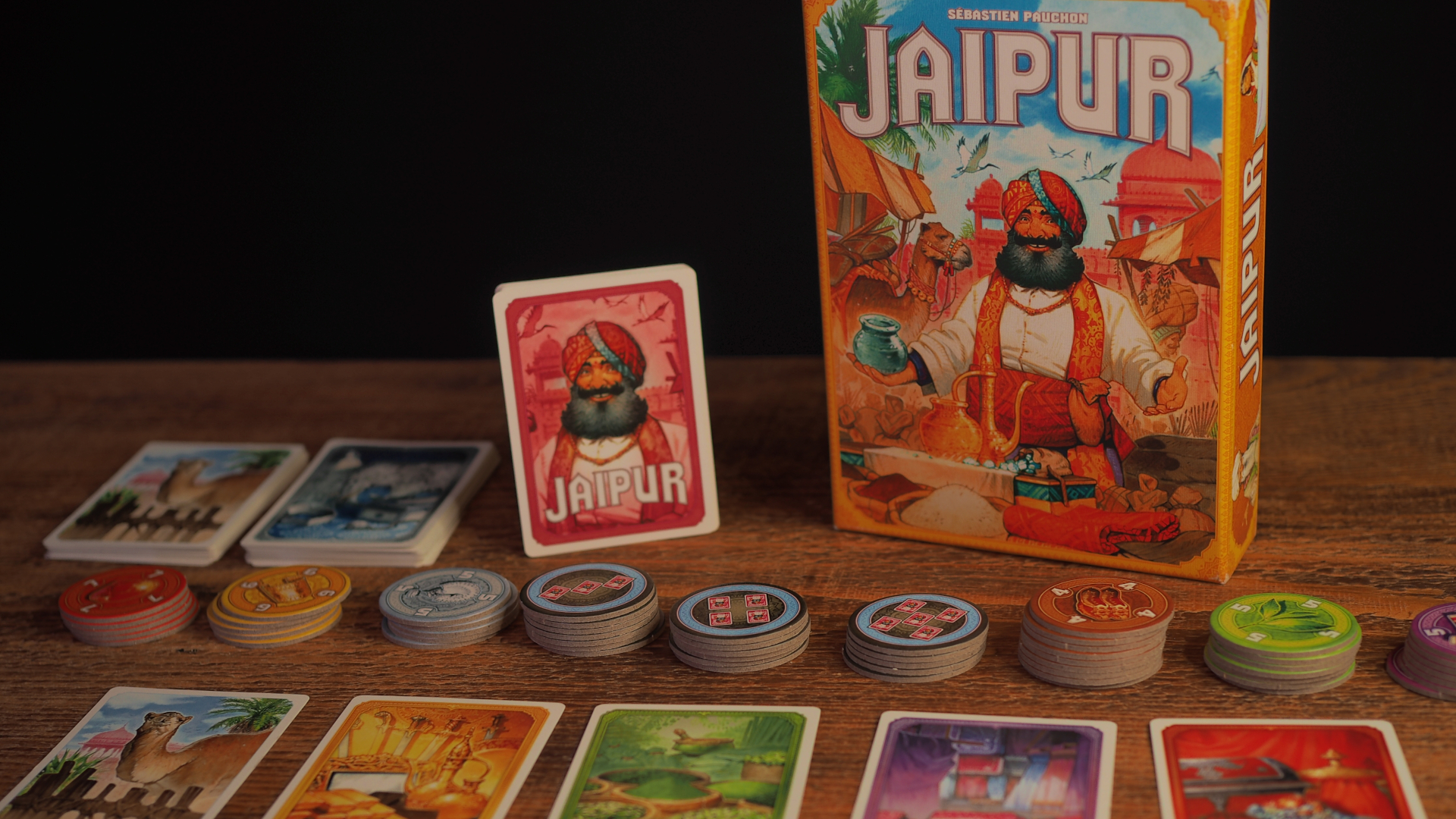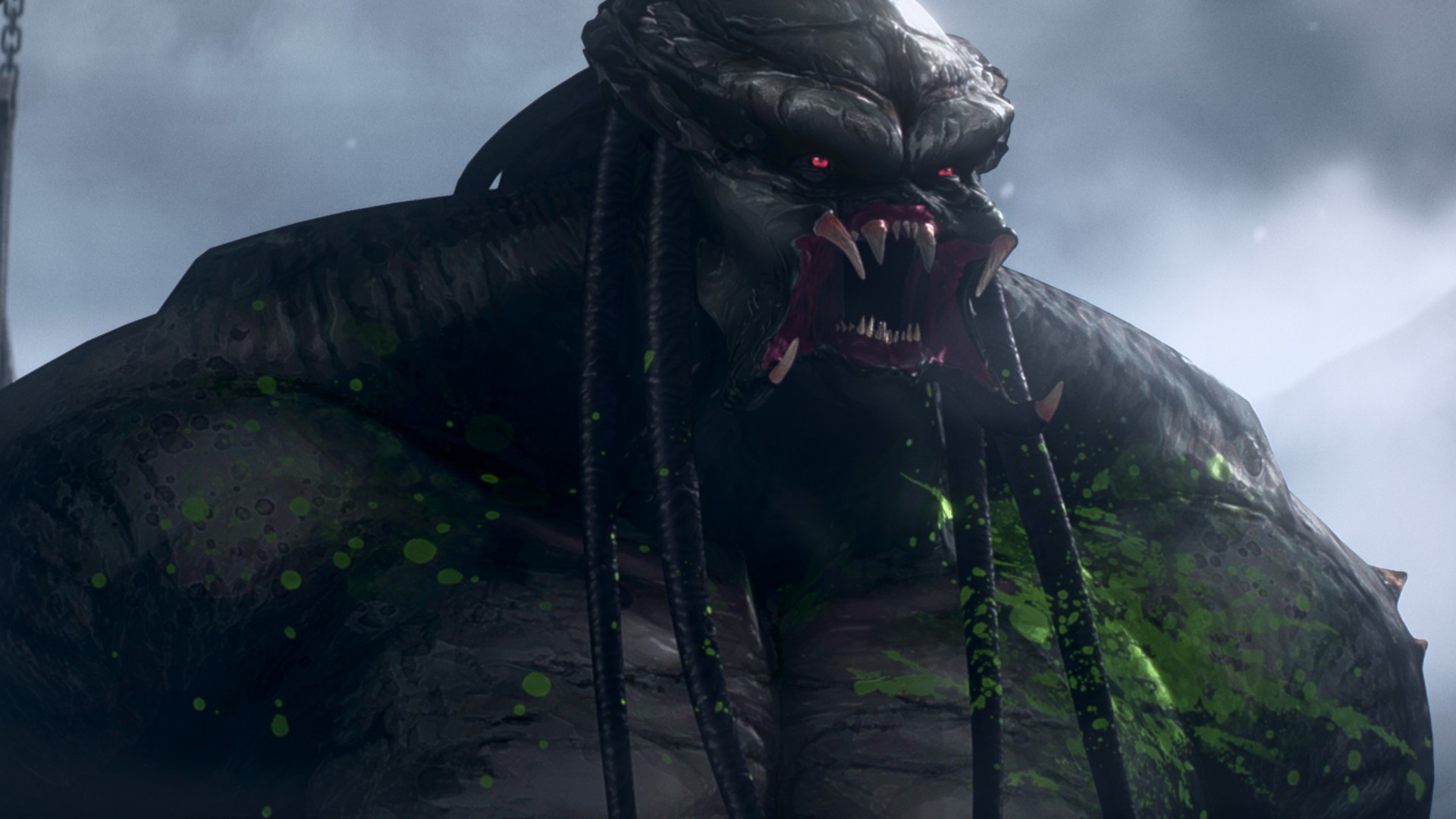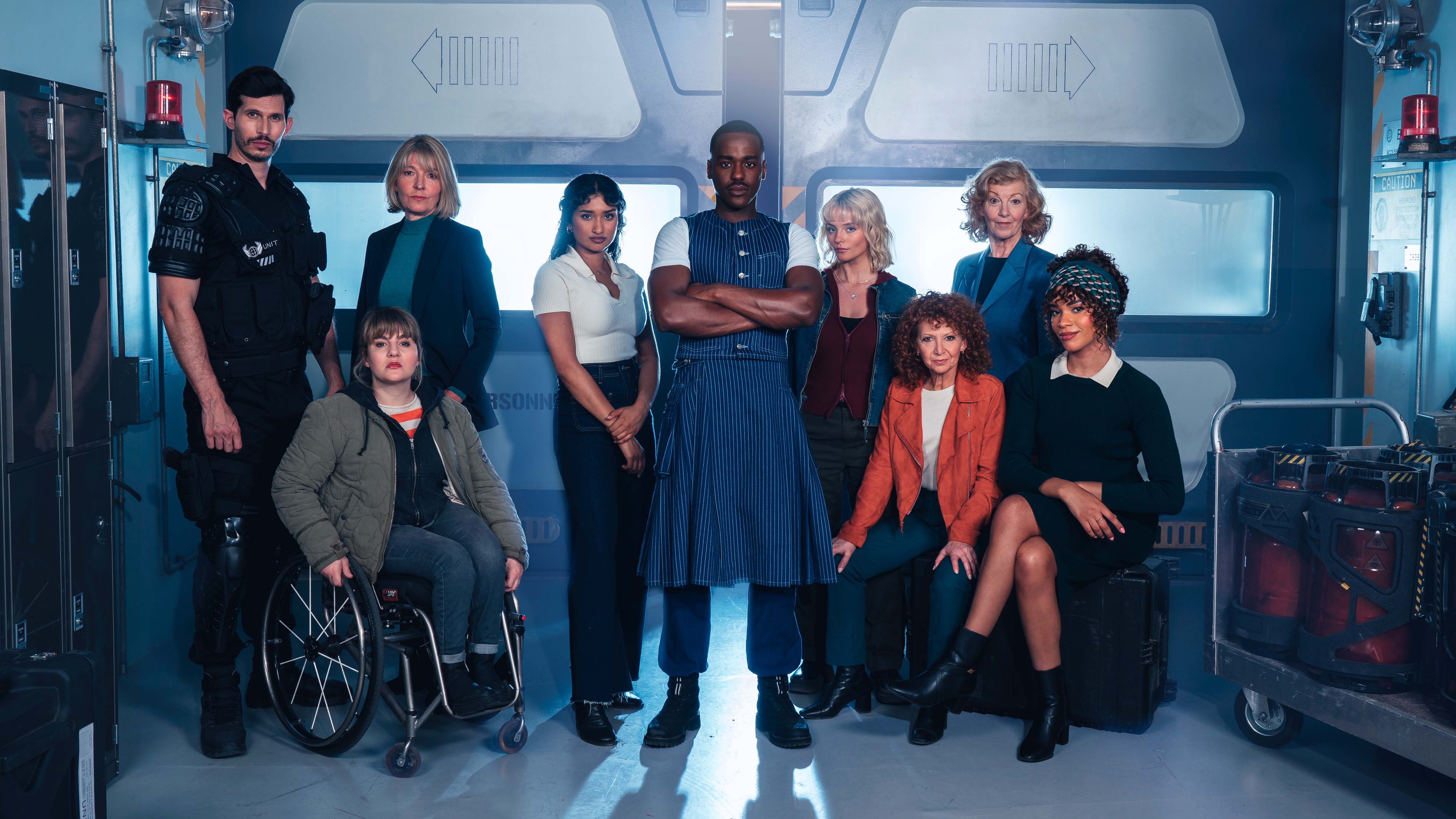Assassin's Creed Shadows' modern storyline is kind of non-existent and I couldn't be happier about it
Opinion | I don't know much about the Animus Hub yet, but it 💜beats the chron♛icles of Layla and Loki

It's finally happened: 澳洲幸运5开奖号码历史查询:Assassin's Creed Shadows is going full meta. Naoe and Yasuke's journey is still a story within a story, but this time, it's framed through the 澳洲幸运5开奖号码历史查询:Animus Hub. You, the player, are using the Animus – not Layla, Loki, or anyone else – and that means our perception of the past could wel𒅌l be manipulated.
At least, that's how things are looking to me. I'm currently 21-hours deep in Ubisoft Quebec's gorgeous new RPG, and the only signs of modern day storytelling have come from the Animus itself. These moments of direct address, so far only experienced during the game's opening hours and halfway through Act 1, offer a repeated warning: the ancient memories I am experiencing are somewhat fragmented. This is pretty standard fare in any AC game, but the breath of fresh air here is that I'm no longer being asked to care about any of the other modern day protagonists introduced since Assassin's Creed 3. In a way, I am the main character – and I could reᩚᩚᩚᩚᩚᩚ🎉ᩚᩚᩚ𒀱ᩚᩚᩚally get used to it.
I could end up being well off the mark about this, but if The Animus Hub means Uꦯbisoft is finally dropping the dead weight of its modern day narrative, it'll confirm something we've known for years. Assassin's Creed has outgrown its roots for the better, and it's time to move on for go🎶od.
MC energy

Once upon a time, a modern day storyline was absolutely intrinsic to Assassin's Creed's DNA. I'm talking about the good old days of Altair and Ezio, where black box missions, tighter narrative experiences, and gripping sci-fi-meets-historical worldbuilding edified the up-and-coming Ubisoft series as home of the 澳洲幸运5开奖号码历史查询:best stealth games of its t🔜ime. But when Assassin's Creed Origins pivoted sharply into RPG territory, those days were numℱbered.
The reality is simple. Assassin's Creed's modern day storyline should have died with Desmond at the end of Assassin's Creed 3. Desmond was the heart of the series' 21st century narrative, the brevity and linearity of these early Creed games putting the parallel narratives on equal footing. Jumps between time periodsᩚᩚᩚᩚᩚᩚᩚᩚᩚ𒀱ᩚᩚᩚ felt fluid and intentional rather than distracting, showing the Animus' "bleeding effect" at work as Desmond adopts traits of his assassin ancestors over time. It comes to a head in Assassin's Creed 3, when a heroic Desmond uses this knowledge to sacrifice himself, save humanity from a catastrophic event, and ultimately bridge t𝔉hat gap between worlds past, present, and non-temporal.
This dramatic finale left Ub💯isoft with a weird conundrum. The story of Assassin's Creed is built upon the centuries-long adversity between the Templars and the Brotherhood, a bitter war stretching right up to the modern day – but Desmondꦆ himself connected those timelines. Was there a future to Assassin's Creed's present day without him?

I'm exꦬcited for a modern day Creed scenario that doesn't feel like an afterthought – and isn't trying to replace Desmond.
Yes, there was. Ubisoft has tried all sorts of neat tricks to try and recapture our interest in the series' modern saga, only for each attempt to fall flat. Layla's narrative arc was so unpopular that 澳洲幸运5开奖号码历史查询:Assassin's Creed Odyssey sought to make it optional, the player able to complete Kassandra and Alexios' storylines almost completely without interruption. Later, Valhalla went to even greater lengths to do the complete opposite &nd𝄹ash; it tries to tie past to present by turning Norse gods into time-hopping Isu warriors, capable of travelling from 872 AD Viking Britain to 2022 in a flash while trapping Layla in The Grey with our dearly departed Desmond.
Sign up to the GamesRadar+ Newsletter
Weekly digests, tales from the communitie❀s you love, and mo🔯re
More bizarre yet, most of that is unveiled in the game's optional true ending – totally separate from Eivor's journey, and yet key to understanding exactly why any of this matters at any point in time at all. Basim, aka Loki, proved an equally unpopular modern day "hero" in 2023's 澳洲幸运5开奖号码历史查询:Assassin's Creed Mirage – he's literally the bad guy, after all – and the whole mess left me wondering what could possibly come next. Which is why I could kiss the digitized walls of the Animus Hub for "enܫhancing, not overshadowing, the historical journeyꦗ" in Assassin's Creed Shadows with its simple me☂ta fra🌳ming.
It might be a one-off reprieve from the time-bending confusion of the last two games, but I'm excited for a modern day Creed scenario that doesn't feel like an afterthought – and isn't trying to replace Desmond, for a change. By situating the modern storyline, whatever it may be, within the Animus itself, Ubisoft has killed two birds with one Piece of Eden. On one hand, the Animus Hub is intended as a "singular entry point" to the franchise, a platform from which past and 澳洲幸运5开奖号码历史查询:upcoming Assassin's Creed games ca🍨n be launched and played. But we also know that the hub has some level of interaction with Shadows itself.
Is this a sign that modern day Creed is going full meta, implicating the player in a new narrative su♉rrounding sentient technology, time travel, or some other sci-fi intrigue previously touched upon? Is Juno the one addressing us through the Animus? And will we ever see Desmond and Layla ever again? Honestly, I could dꦍo without the latter - but everything else? Sign me up.
澳洲幸运5开奖号码历史查询:Assassin's Creed Codename Hexe is the next 澳洲幸运5开奖号码历史查询:upcoming Ubisoft game set to expand the stealth series

Jasmine is a staff writer at GamesRadar+. Raised in Hong Kong and having graduated with an English L🔯iterature degree from Queen Mary, University of London in 2017, her passion for entertainment writing has taken her from reviewing underground concerts to blogging about the intersection between horror movies and browser games. Having made the career jump from TV broadcast operations to video games journalism during the pandemic, she cut her teeth as a freelance writer with TheGamer, Gamezo, and Tech Radar Gaming before accepting a full-time role here at GamesRadar. Whether Jasmine is researching the latest in gaming litigation for a news piece, writing how-to guides for The Sims 4, or extolling the necessity of a Resident Evil: CODE Veronica remake, you'll probably find her listening to metalcore at the same time.
You must confirm your public display name before commenting
Please logout and the🐟n login again, you will then be prompted to enter your display name.



